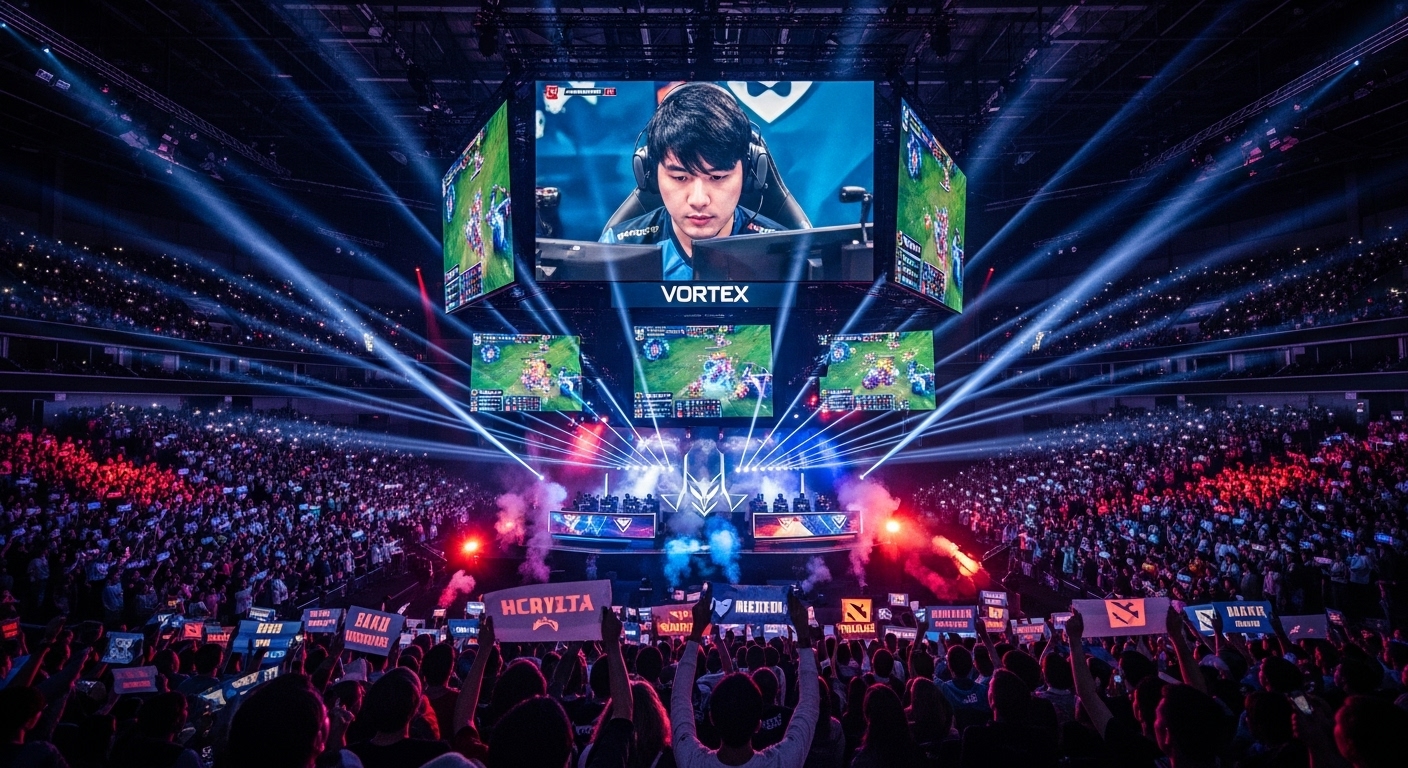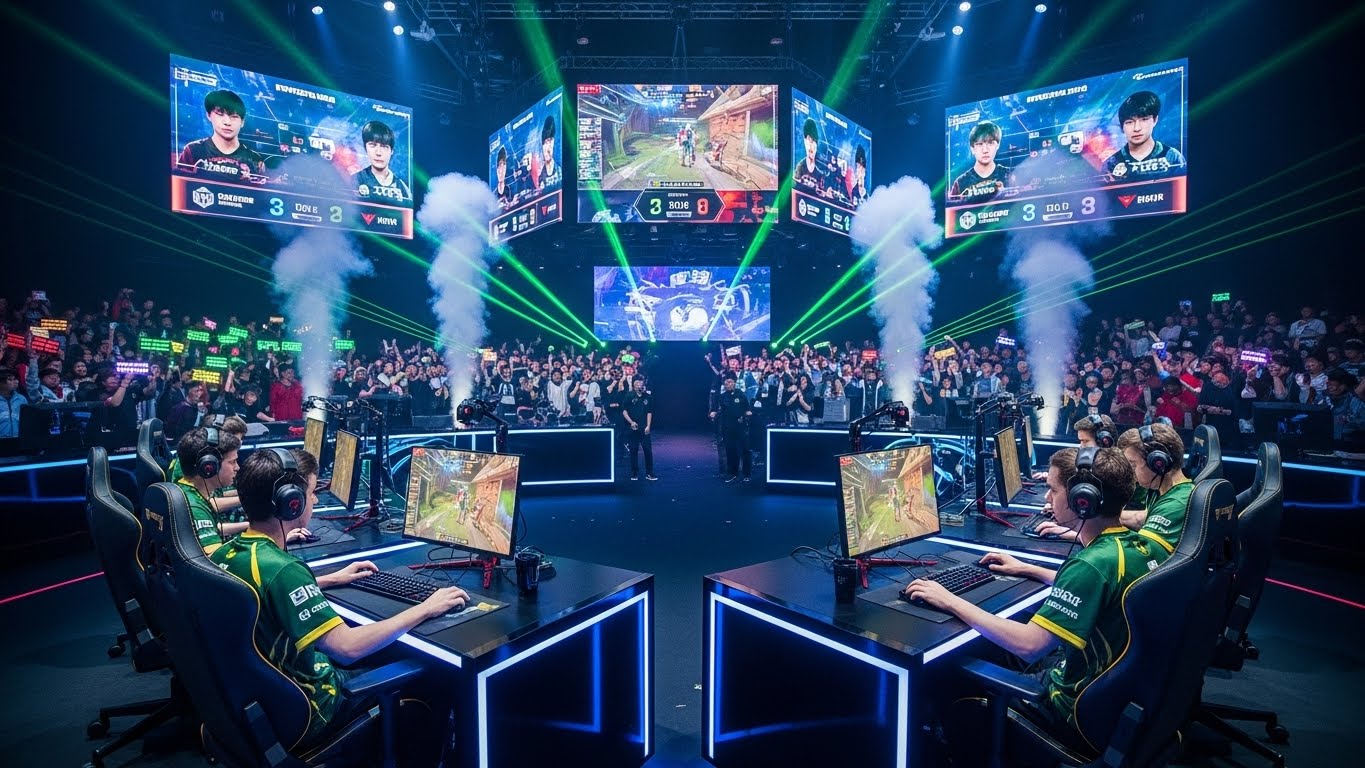Introduction: The Digital Arena Awakens
In the past, video games were considered a pastime, often dismissed as unproductive entertainment. Today, they’ve evolved into a billion-dollar industry with packed arenas, global audiences, and professional players. This transformation is embodied in the world of esports — a realm where gaming meets competitive sports, and the stakes are higher than ever.
What is Esports?
Esports, short for electronic sports, refers to organized competitive gaming. Players compete individually or in teams in popular games like League of Legends, Dota 2, Counter-Strike, and Fortnite. Tournaments are broadcast to massive online audiences, with many events rivaling the viewership of traditional sports.
Unlike casual gaming, esports requires intense practice, strategic thinking, and lightning-fast reflexes. Players train for hours daily, often under the guidance of coaches, analysts, and psychologists, much like athletes in physical sports.
The Global Explosion of Competitive Gaming
In the last decade, esports has experienced explosive global growth. Once limited to niche gaming communities, it is now a cultural and economic force. Countries like South Korea, the United States, and China have become hubs for professional gaming, with major investments from sponsors, advertisers, and even governments.
The rise of streaming platforms has also played a key role in this expansion. Fans can now follow their favorite players, watch matches live, and engage with communities from anywhere in the world. Esports has essentially become a global spectator sport, accessible at the click of a button.
The Life of a Pro Gamer
Behind the glamour of sponsorships and prize money lies a world of intense discipline. Professional gamers often start young and dedicate years to mastering a single game. They live in team houses or training facilities, follow strict schedules, and compete under immense pressure.
Burnout is a common issue, as careers in esports are often short-lived. However, for those who succeed, the rewards are significant — financial security, international fame, and a place in gaming history.
Careers Beyond the Controller
Esports isn’t just about players. The industry has created thousands of jobs for coaches, shoutcasters, analysts, content creators, marketers, event organizers, and more. Universities have begun offering esports degrees, and high schools are forming varsity esports teams.
This growth shows that esports is more than just playing games; it’s a legitimate career path for those passionate about the industry.
Challenges the Industry Faces
Despite its rapid rise, esports still faces challenges. Player health, lack of regulation, and the volatility of game popularity can impact careers and investments. Gender diversity and inclusivity remain issues, as female and LGBTQ+ gamers often face discrimination in online spaces.
There’s also ongoing debate about whether esports should be considered a “real” sport. While it lacks the physical component of traditional athletics, it undeniably requires skill, teamwork, and competitive integrity.
The Future of Esports
The future of esports looks bright. With increasing support from major brands, advancements in technology like virtual reality, and growing global audiences, esports is set to redefine what competition looks like in the 21st century.
As generations raised on gaming enter adulthood, esports will continue to gain legitimacy and cultural importance. It’s no longer a question of whether esports belongs in the sports world — it’s already there, reshaping it from within.
Conclusion: A New Era of Competition
Esports represents more than a digital pastime; it’s a movement that reflects the evolution of modern entertainment, technology, and competition. Whether you’re a gamer, a fan, or a curious observer, one thing is clear — esports is not just the future of gaming, it’s the future of sports itself.
Would you like this in a downloadable format (like PDF or Word)?



